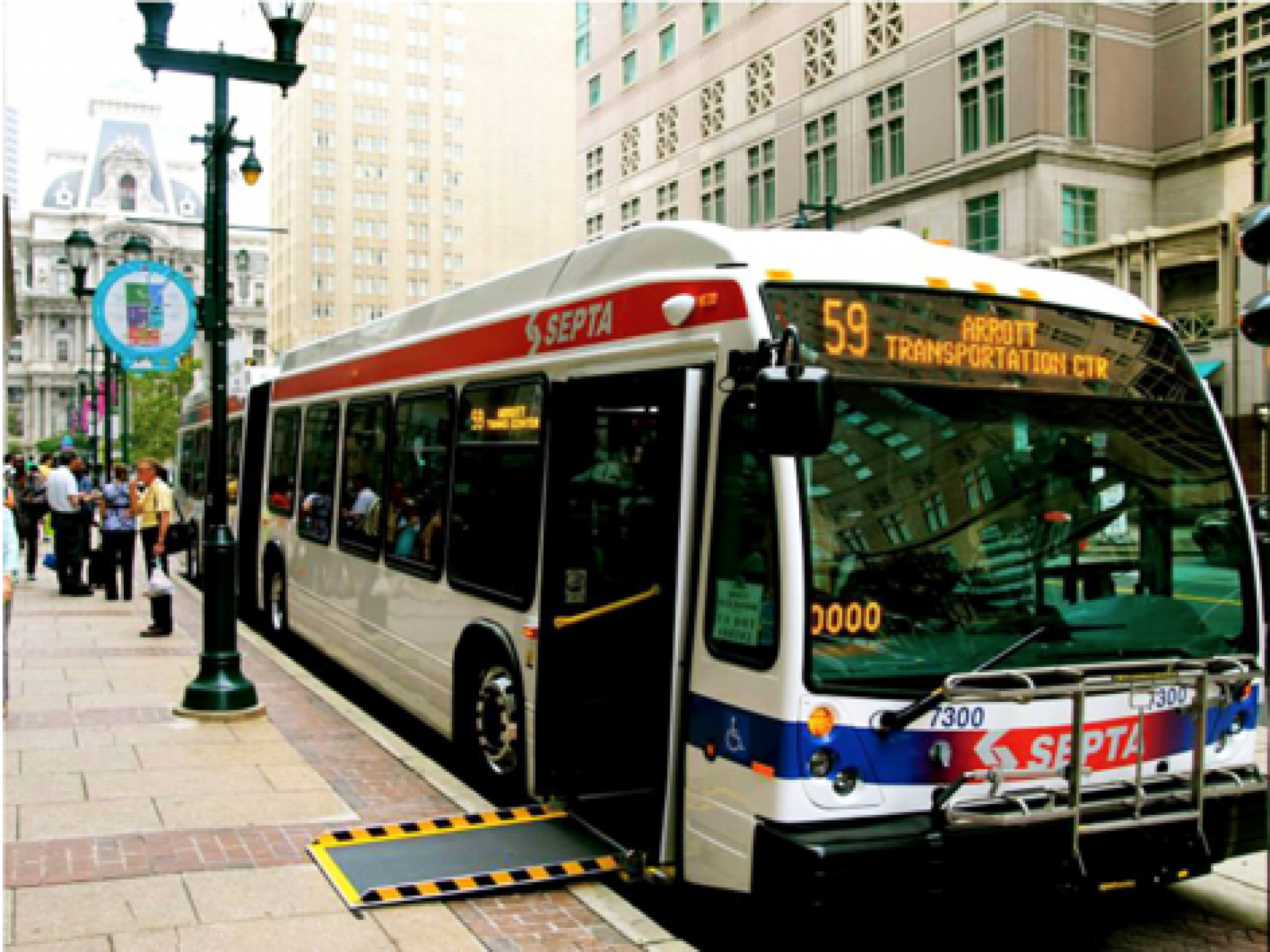While entertainment has been one of the most popular uses of augmented reality (AR), the City of Philadelphia wondered if AR could also help make public transportation more accessible and welcoming to people with disabilities. Through funding from Facebook Reality Labs and US Ignite, Philadelphia and SEPTA (the city’s mass transit system) challenged developers and creatives to innovate solutions that leverage AR technology to improve the commuting experience for folks with disabilities.
The City of Philadelphia selected seven teams to present their ideas to a panel of judges on Pitch Day. On August 31, the team of judges, which included representatives from the City of Philadelphia, SEPTA, The National Federation for the Blind, and individuals with disabilities, heard the pitches and decided which idea deserved to advance to the next round and earn $1,000 to further develop the application.
After hearing the pitches the judges selected four finalists. Below you can review the teams selected and what they proposed:
- SEPTA Assist and SEPTA Updates by XR4U. This team proposed two solutions – one would aid passengers in communicating with bus drivers about a special need (for example to use the wheelchair lift). To initiate, riders would simply snap a picture of the bus stop sign and select their bus number and the bus driver would be notified. The other would provide riders real-time information during transit (such as how many more stops until destination point and driver announcements).

- Engage ARt Augmented Reality (AR) Smart Tourism by EXAR Studios. This app would focus on providing users missing directions for the last half-mile of their trip by giving users visual and auditory cues to help facilitate transfers and station navigation (like where the nearest elevator is and what exit to take). Bluetooth beacons would be used to give accurate guidance even when underground. SEPTA would also obtain analytics on user engagement and be able to easily upload updated information (like construction projects that disrupt wayfinding) to the app.
- Gensler. The team pitched an app that promised to mitigate the challenges riders with disabilities face when traveling around Philly by giving users a play-by-play of the trip as it is completed. After inputting the intended destination, users would get route options and any corresponding barriers in those routes. As the user approached their final destination, they would receive an alert and additional guidance to the location.

- Virtual Intelligent Assistant by Metaverse. The app pitched by Metaverse focuses on the pedestrian experience and leverages the technology of Google glasses to bring an AI (artificial intelligence) enabled assistant to each user with tailored guidance on the route (a smartphone application could be used instead of Google glasses). IoT sensors would additionally collect user data to improve the app and offer connection points.
While the AR apps proposed by each finalist differ in specifications, all aim to resolve long-standing barriers keeping Philadelphians with disabilities from fully utilizing and enjoying SEPTA journeys. Stay tuned for updates on the pilots and for the announcement of the SEPTA For All AR Developer Challenge winner in November.
Additional information on the SEPTA For All Challenge can be found by clicking here.
If you have any questions about the Augmented Reality Developer Challenge, or if you would like to collaborate with US Ignite on future opportunities, please contact [email protected].

